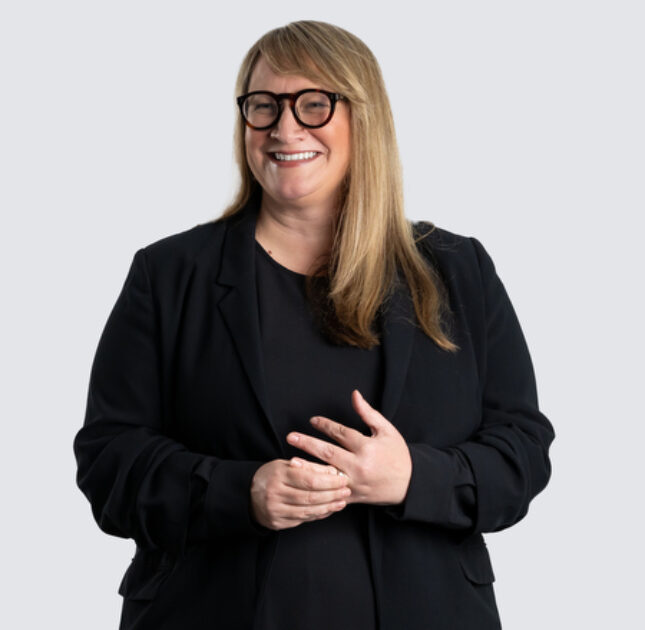How Patrick reclaimed wrongly paid care home fees
Discover how Patrick and his family successfully reclaimed wrongly paid care home fees in this in-depth case study. Patrick talks about the difficult time when his mother needed to go into care, challenges faced, and the steps taken to recover care home fees that should have been covered by the NHS. If you or a loved one have overpaid for care home fees, this real-life example could provide the guidance and inspiration you need. Watch now to learn more.



